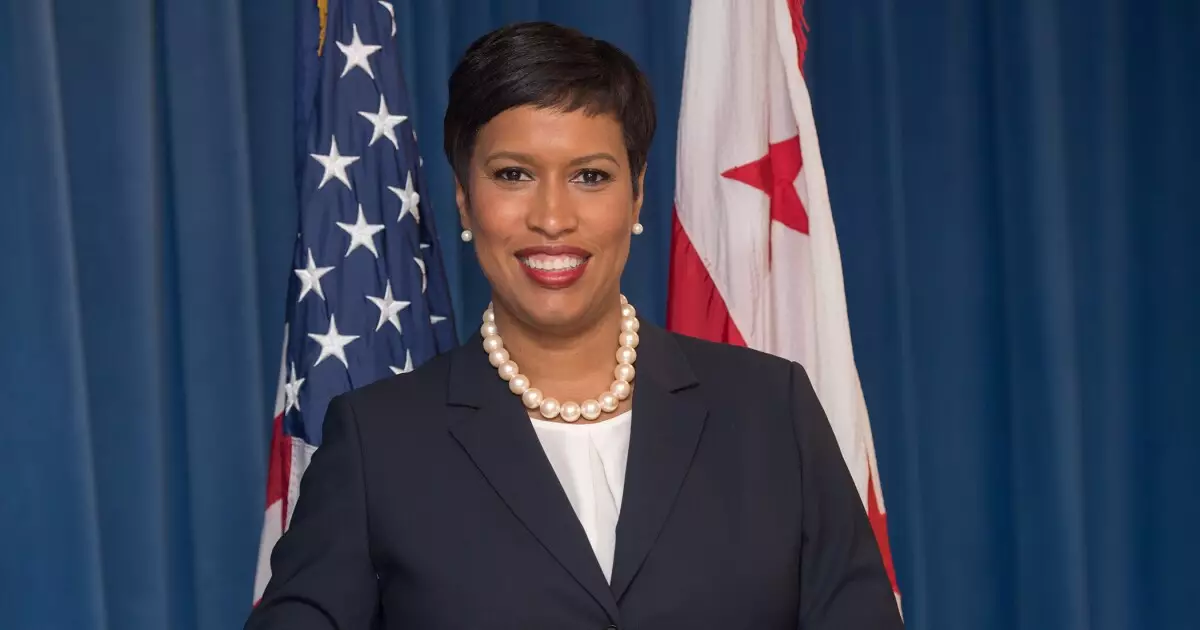A proposed $2 billion public-private partnership that sought to move two major league sports teams out of Washington D.C. and into a bond-financed arena in Northern Virginia has officially been called off. This decision came after D.C. Mayor Muriel Bowser and Ted Leonsis, the owner of the NBA’s Washington Wizards and the NHL’s Washington Capitals, reached a deal to keep the teams in their current home in the Northwest D.C. Chinatown neighborhood.
The agreement entails $515 million in improvements to the teams’ current home, the Capital One Arena. The Office of the Chief Financial Officer in D.C. will issue debt over a 3-year period to fund the District’s commitment of $515 million for the arena renovations. This new deal locks the teams into a 25-year lease and includes an extra $15 million to improve the alley separating the arena from the Gallery Place complex, which consists of a metro station, retail spaces, and residential areas.
Although the deal seems promising, it still requires approval from the D.C. City Council. Virginia State Senator L. Louise Lucas played a significant role in derailing the alternative plan for a new arena at Potomac Yards in Virginia. Senator Lucas, a Democrat, prioritizes state funds for toll road relief in her home base of Portsmouth and remains skeptical of the financial projections presented by Virginia’s Republican Governor Glenn Youngkin. The proposed project received backlash from neighboring communities near the Potomac Yard site, ultimately leading to its demise.
One of the organizers of the Coalition to Stop the Arena at Potomac Yard raised concerns about the project’s financial implications, stating that it would have placed a substantial debt burden on Virginia and Alexandria. Moody’s Investors Service cautiously acknowledged the decision to keep the teams in D.C. as a positive one, citing potential improvements in the arena and surrounding neighborhood that could drive economic activity and tax revenue. However, there are lingering doubts about the actual economic impact of publicly financed sports facilities and the need to prioritize statewide projects over localized ventures.
The collapse of the proposed $2 billion public-private partnership for sports teams in Northern Virginia highlights the challenges and complexities of large-scale urban development projects. Despite initial optimism and enthusiasm for a new arena, political disagreements, community resistance, and financial uncertainties ultimately led to the unraveling of the deal. This serves as a cautionary tale for future public-private partnerships and underscores the importance of thorough due diligence, stakeholder engagement, and financial transparency in such endeavors.

